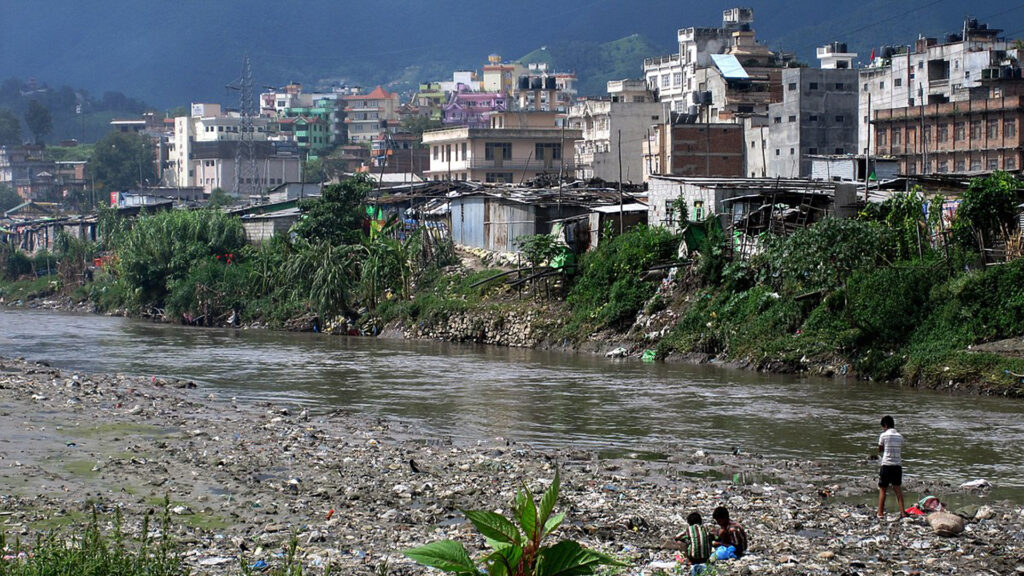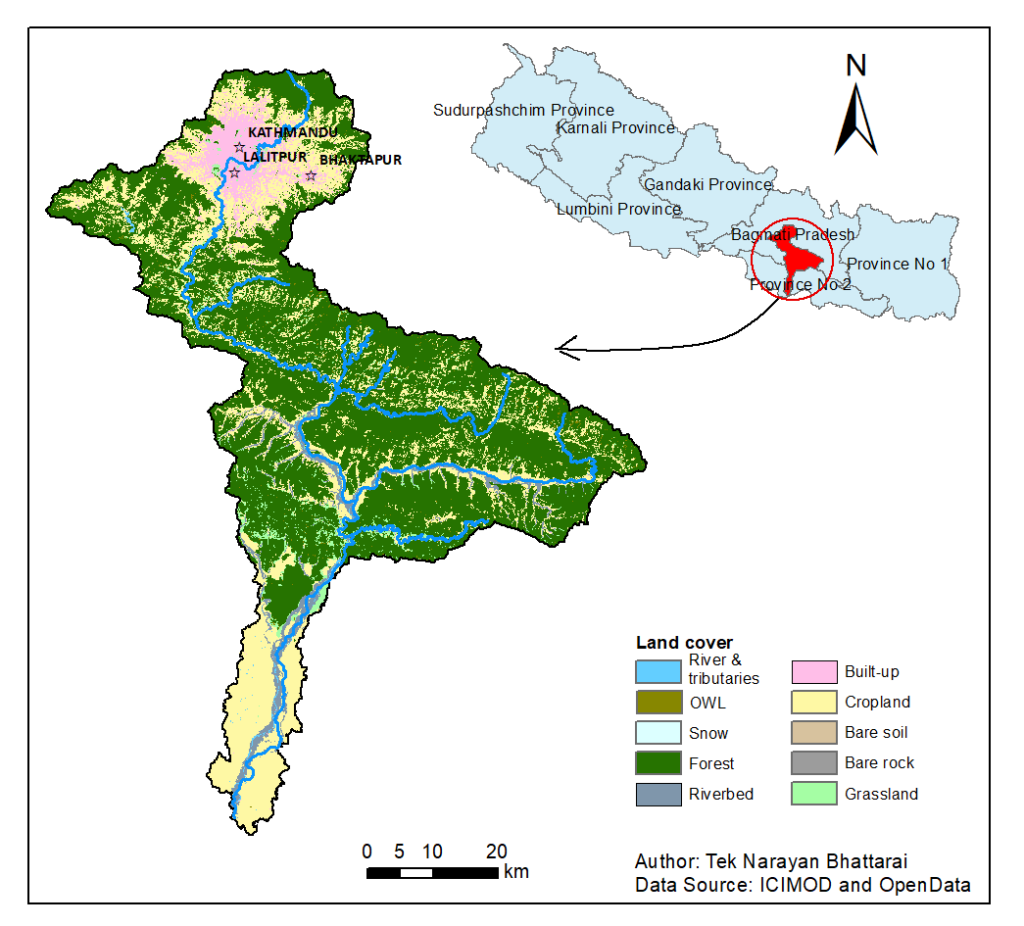Editor’s note: The Invading Sea invited students from the IHE Delft Institute for Water Education who attended the Annual International Water Professionals Program at Florida Atlantic University to write articles comparing environmental challenges in their native counties to how Florida is addressing similar problems. This is the first of those pieces.
By Tek Narayan Bhattarai, IHE Delft Institute for Water Education
During a two-week field trip in Florida, I learned about ongoing efforts to restore the Everglades ecosystem. Human interventions for flood management, water supply and agriculture had negatively impacted the delicate balance and biodiversity of the Everglades.
To address this, the Comprehensive Everglades Restoration Plan (CERP) was introduced in 2000. This joint effort of the state and federal government aims to restore the ecosystem and create a sustainable water system.
Despite challenges, significant progress has been made through substantial investments and the passion, commitment and collective intelligence of the people involved. This article provides a brief overview of the Bagmati River Basin in Nepal, which faces similar challenges as the Everglades.
Once a pristine river, the basin has suffered degradation due to human interventions. The ongoing restoration efforts in the Everglades serve as lessons for the Bagmati River Basin’s restoration, emphasizing the importance of collaboration and long-term commitment.
Bagmati River Basin, Nepal

The upper region of the Bagmati River Basin, including Kathmandu, Lalitpur and Bhaktapur, faces major challenges due to population growth and urbanization. Unregulated disposal of untreated wastewater, industrial pollutants and solid waste have severely degraded the river’s health and ecosystem.
During the dry season, the water becomes heavily polluted, posing risks to public health and the environment. Urban expansion has reduced groundwater recharge and river flow during low rainfall periods, negatively affecting water quality.
The lower part of the basin experiences frequent floods and riverbank erosion. Excessive groundwater extraction has caused a significant decline in the water table, threatening river flow in the dry season. These issues have severe consequences for biodiversity and human well-being, which will worsen with climate change.
Bagmati River Basin Improvement Project
In response to these problems, several small-scale initiatives have focused on raising awareness, cleanliness campaigns and tree planting to improve the river health. The Bagmati River Basin Improvement Project, a large-scale effort, was initiated based on Integrated Water Resources Management (IWRM) policy.

Approved by the Asian Development Bank in 2013, the project involves collaboration between the Ministry of Water Resources, the Water and Energy Commission Secretariat, the Ministry of Urban Development and the ADB. The project aims to improve water management and the river environment, and reduce disaster risk in the Bagmati River Basin.
The project includes various activities, such as strengthening the legal and institutional framework for IWRM by engaging stakeholders in the basin. It also involves the development of a central water resources management system, including a decision support system and a network for monitoring water quality.
Efforts will be made to remove contaminated riverbed material and enhance the river’s self-cleaning capacity through phyto-remediation. Collaboration with the private sector will be sought to improve the riverbank environment in urban areas.
Further, to address water scarcity during the dry season, the project aims to increase water availability in the basin by constructing dams at two locations and implementing rainwater harvesting techniques. Regarding flood risk management, the project will develop a fully functioning flood forecasting and early warning system, as well as increase community awareness and build capacity for flood response.
Progress and challenges
After about 10 years, some progress has been made towards the Bagmati River Basin restoration. The recent completion of the Dhap Dam offers hope for restoring the river’s beauty by increasing flow during the dry season. However, achieving complete restoration, including natural and cultural aspects, remains a long-term endeavor.
Wastewater treatment plants, tree planting, river beautification and dam construction are ongoing activities. However, due to inadequate harmony among stakeholders and political chaos in the country, progress is slow. Thus, the overall impact of the project on the improvement of the entire basin is yet to be fully observed and understood.
Drawing inspiration from Everglades restoration

The restoration initiatives undertaken in the Everglades can provide hope and inspiration for the Bagmati restoration efforts. Lessons can be learned on how to effectively collaborate with multiple stakeholders with multiple interests during the planning process, secure long-term funding commitments from state and federal governments, implement adaptive strategies based on scientific monitoring and evaluation, and foster partnerships and knowledge sharing among government agencies, research institutions and nonprofit organizations. The success of the Everglades restoration highlights the possibility of achieving similar outcomes through rational and consistent efforts.
The enormous time and resources invested in Everglades conveys a message that the delicate balance between human needs and nature is not an option but a necessity. By acknowledging this and prioritizing the resources properly, restoration efforts can be successful in other parts of world as well.
Tek Narayan Bhattarai, an enthusiastic civil engineer with a keen interest in water and environmental issues like flood and climate change, is currently pursuing a master’s degree in flood risk management at the renowned IHE Delft Institute for Water Education.
If you are interested in submitting an opinion piece to The Invading Sea, email Editor Nathan Crabbe at ncrabbe@fau.edu. Sign up for The Invading Sea newsletter by visiting here.



